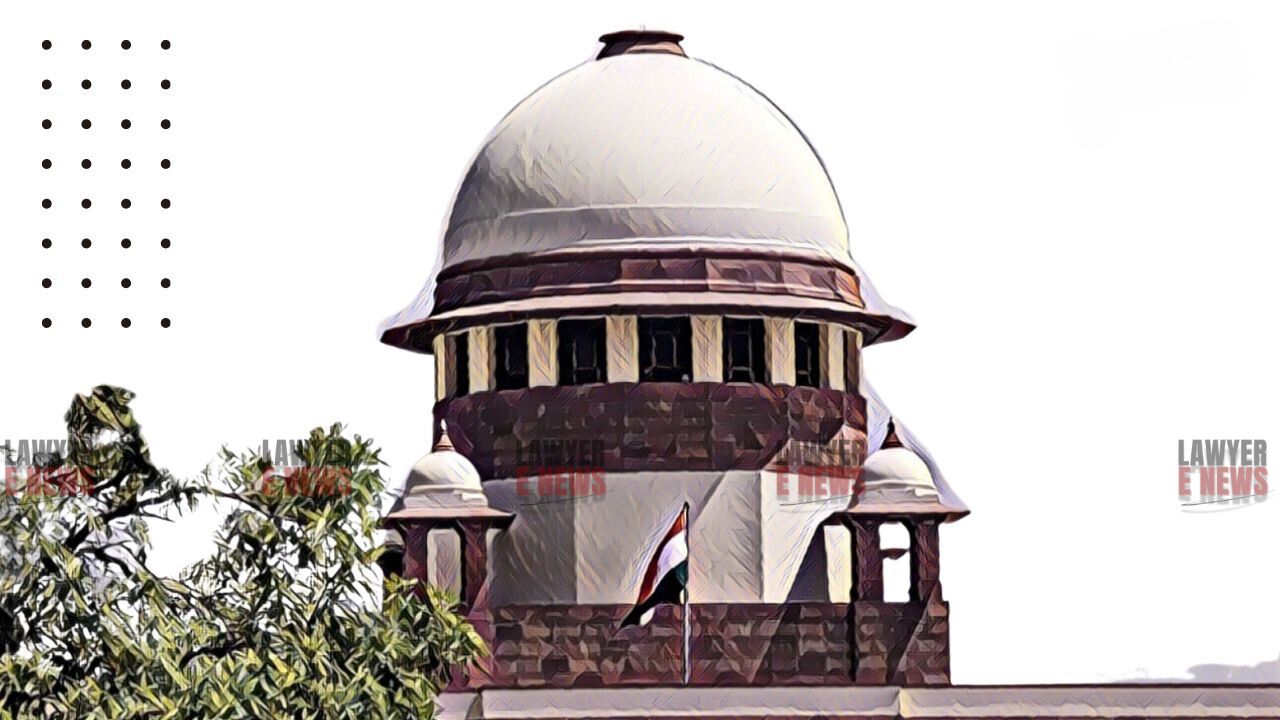-
by sayum
14 February 2026 2:22 PM



Supreme Court of India overturned the Uttarakhand High Court's decision that directed the initiation of criminal contempt proceedings against James Kunjwal. The apex court, in its judgment, held that the denial of allegations in an affidavit, without evidence of deliberate falsehood, does not meet the threshold for perjury under Section 193 of the Indian Penal Code (IPC).
The case stems from an FIR lodged against James Kunjwal under Sections 376 (rape) and 504 (intentional insult) of the IPC by the complainant, who alleged that Kunjwal had engaged in sexual relations with her under the false promise of marriage. Kunjwal’s application for bail was initially rejected by the Additional District and Sessions Judge, Nainital, but subsequently granted by the Uttarakhand High Court. The complainant later sought to cancel this bail, alleging that Kunjwal had made contradictory statements in his affidavits.
In its order dated October 1, 2022, while dismissing the bail cancellation application, the High Court observed that Kunjwal had filed a false affidavit and directed the Registrar to initiate contempt proceedings under Section 193 of the IPC. This led to the filing of a criminal complaint against Kunjwal.
The Supreme Court, while assessing the facts, observed that Kunjwal's statements in his affidavit were merely a denial of the complainant’s allegations. The Court underscored that such a denial, in itself, does not constitute the offence of perjury unless there is a clear indication of deliberate falsehood intended to deceive the court.
"Prosecution for perjury should be sanctioned only in cases where the falsehood is deliberate and on a matter of substance," the Court stated, referencing prior rulings that emphasized caution in invoking perjury charges.
The Court highlighted that to establish perjury under Section 193 IPC, it must be shown that the false statement was made in a judicial proceeding with the intention to mislead the court. In the present case, the Court found no evidence of such intent, noting that Kunjwal’s affidavit was a simple rebuttal of the complainant's claims, which is a common legal strategy rather than an attempt to deceive.
The judgment delved into the legal standards for invoking Section 193 IPC, reiterating that "there must be a deliberate falsehood on a matter of substance," and that the court must be convinced that it is in the interest of justice to initiate such proceedings. The Court found that the High Court's directive lacked the necessary foundation, as the alleged falsehood did not meet the required legal standards for perjury.
The bench remarked, "A denial simpliciter cannot meet the threshold for perjury, especially when no malafide intention or deliberate attempt can be discerned from the statement made by the appellant in the affidavit." The Court further stated, "Proceedings for perjury should be initiated in exceptional circumstances, where a party has perjured themselves to obtain a beneficial order from the Court."
The Supreme Court’s judgment is a significant ruling on the contours of perjury law, emphasizing the necessity of clear evidence and deliberate intent in cases of alleged false affidavits. The quashing of the contempt proceedings against James Kunjwal highlights the judiciary's cautious approach towards prosecuting perjury, reinforcing that such charges must be backed by substantial proof of intentional falsehood. This ruling could serve as a precedent in future cases, ensuring that perjury charges are not pursued lightly.
Date of Decision: August 13, 2024.
James Kunjwal vs. State of Uttarakhand & Anr.
